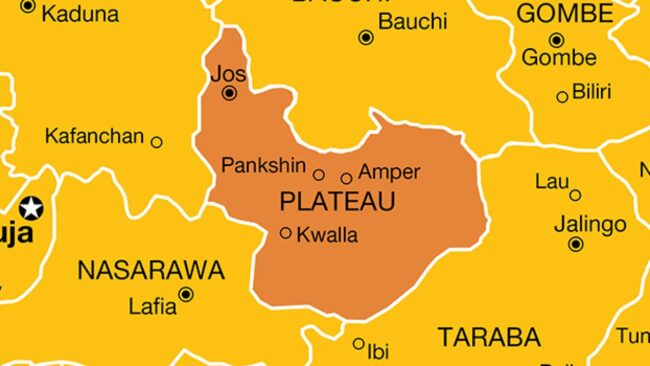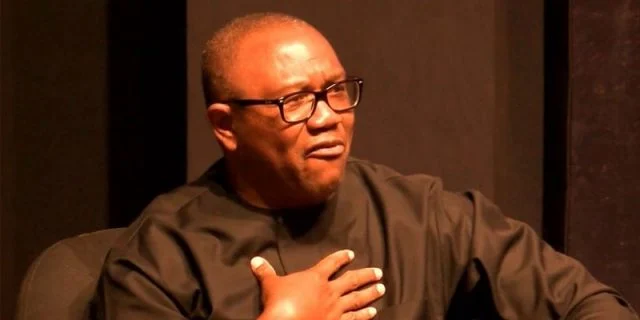
A glaring disparity in government and national reactions to violent killings in Edo and Plateau states within a two-week span has sparked criticism over perceived ethnic and regional bias in Nigeria’s collective conscience.
It has been a period of selective empathy as Edo killings spark national fury while Plateau massacre meets deafening silence
While the brutal murder of 16 northern hunters in Edo State on March 27 triggered an avalanche of condemnation, the massacre of 52 villagers in Plateau State between April 1–11 has been met with unsettling silence from the same political, religious, and social media voices.
The killing of 16 hunters – Northerners returning to Edo from Rivers State to celebrate Eid al-Fitr – drew fierce nationwide outrage. Northern groups, political leaders, and social media influencers swiftly condemned the attack, describing it as “barbaric” and demanding justice.
Former presidential aide Bashir Ahmad called the act “cruel and unjustifiable,” emphasizing that the victims had valid permits for their hunting tools.
The Northern Elders Forum (NEF) labeled the incident “animalistic” and vowed that “the North will take stringent action,” while Kano State Governor Abba Yusuf demanded a public parade of suspects and compensation for victims’ families.
Religious groups, lawmakers, and even Edo State Governor Monday Okpebholo joined the chorus of condemnation, with northern influencers on X (formerly Twitter) amplifying threats of retaliation.
In stark contrast, the systematic killing of 52 villagers in Plateau State’s Bokkos LGA – a region scarred by recurring farmer-herder violence – has barely registered on the national radar. Terrorists targeted communities including Mangor Tamiso, Daffo, and Hurti between April 1–11, burning homes and slaughtering residents. Farmasum Fuddan, Chairman of the Bokkos Cultural Development Council Vanguard, confirmed 31 victims were given a mass burial, while others were found charred or shot.
Despite the scale of the bloodshed, prominent northern groups, politicians, and social media figures who vocally denounced the Edo killings have remained conspicuously silent.
Plateau State Commissioner for Information Joyce Ramnap’s announcement of arrests in connection with the attacks drew minimal attention, with no demands for suspect parades or federal intervention.
The uneven reactions have fueled accusations of hypocrisy. Observers note that the Edo victims’ ethnic identity (Fulani) and the involvement of a southern vigilance group galvanized northern solidarity, while the Plateau victims – predominantly indigenous farmers – lack similar advocacy.
“Why does outrage depend on the victim’s ethnicity or location?” asked civil society activist Hafsat Abdullahi. “The silence on Plateau mirrors a dangerous trend where some lives matter more than others. Violence in the North-Central is often normalized, but when it touches the core of a major ethnic bloc, it becomes a national emergency.”
Social media analytics reveal a stark divide: hashtags like #JusticeForEdoHunters trended for days, while posts about Plateau’s 52 deaths struggled to gain traction. Northern elites’ muted response to Plateau, a North-Central state, has further deepened frustrations.
While Edo authorities faced pressure to act, Plateau’s government has long grappled with perceived federal indifference to its security crisis. Despite Plateau State’s plea for aid, federal anti-terrorism resources remain disproportionately focused on banditry in the North-West.
Critics argue that the selective outrage undermines national unity. “A life lost in Edo should grieve us as deeply as one in Plateau,” said Human Rights Watch Nigeria Director Anietie Ewang. “Until we confront these biases, our condemnations of violence will ring hollow.”
As families in Bokkos bury their dead, the silence from Nigeria’s political and cultural elite speaks volumes about the fractures in the nation’s moral fabric.


